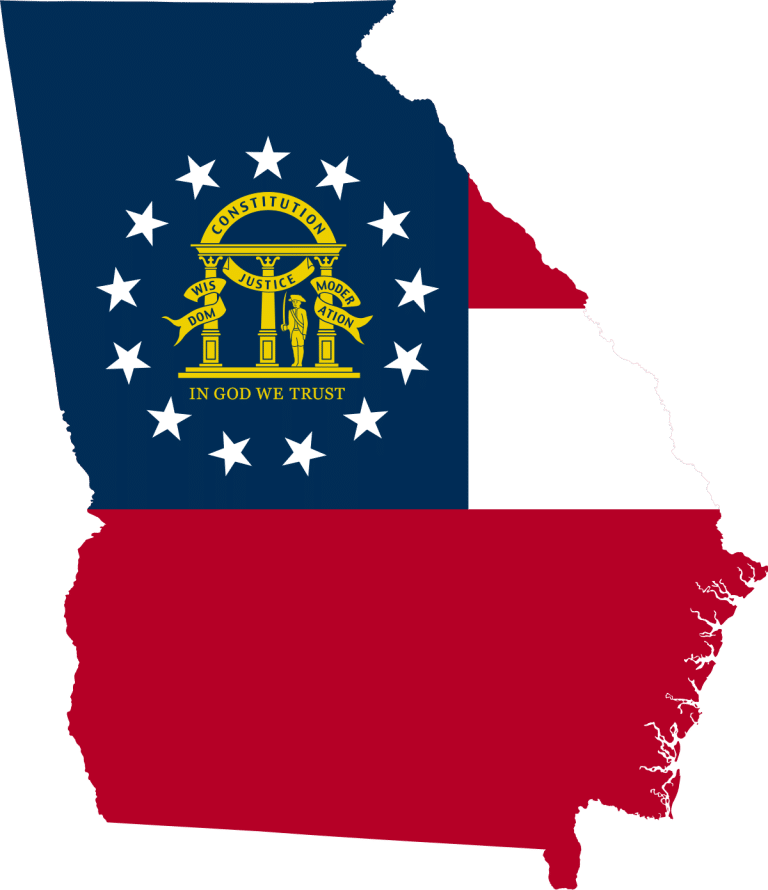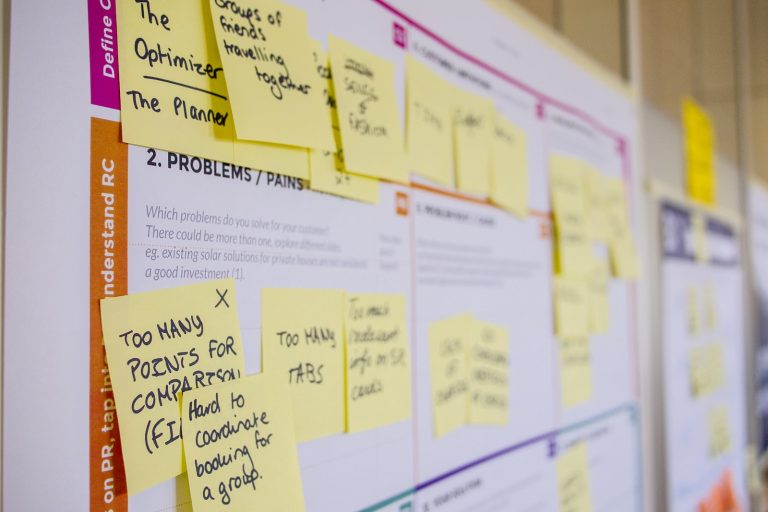MBA Admissions Cycle for 2025-2026 Opens with Competitive Round 1 Deadlines Approaching
Top business schools release application requirements and essay questions as prospective students race to meet September deadlines
The 2025-2026 MBA admissions cycle is officially underway, with nearly all top business schools having released their application deadlines and essay questions for the upcoming academic year. With Round 1 deadlines approaching rapidly in early September, prospective MBA candidates have just weeks to finalize their applications for what admissions experts predict will be one of the most competitive cycles in recent memory.
Critical Round 1 Deadlines Approaching
- September 3, 2025: Harvard Business School, Wharton, and Columbia Business School applications due
- September 8-10, 2025: Michigan Ross, Stanford GSB, Kellogg, and Yale SOM deadlines cluster within days
- September 11-17, 2025: Berkeley Haas, Chicago Booth, NYU Stern, and Cornell Johnson round out the first wave
- Late September: MIT Sloan (September 29) and Dartmouth Tuck (September 25) close the Round 1 window
- Early Action Options: UVA Darden (September 4) and Duke Fuqua (September 4) offer binding early admission programs
Essay Questions Reflect Changing Priorities
Business schools have significantly updated their essay prompts for the 2025-2026 cycle, with notable shifts away from DEI-focused questions following broader societal changes. The most dramatic example comes from Columbia Business School, which eliminated its diversity-focused essay entirely.
Columbia’s Strategic Pivot
Previously, Columbia required applicants to address “mitigating bias and prejudice, managing intercultural dialogue, addressing system inequity, understanding identity and perspective taking, and creating an inclusive environment.” The new prompt simply asks: “Please share a specific example of how you made a team more collaborative, more inclusive or fostered a greater sense of community within an organization” in 250 words or less.
Stanford Maintains Consistency
Stanford Graduate School of Business has kept its essay questions unchanged, continuing to ask candidates “What matters most to you, and why?” and “Why Stanford?” with a combined 1,000-word limit. The consistency reflects Stanford’s confidence in its established approach to candidate evaluation.
UVA Darden’s Community Focus
Darden has introduced three new 200-word essay prompts emphasizing relationships, community building, and career purpose, reflecting the school’s collaborative case-method culture and tight-knit community values.
Historic Application Volume Expected
The 2025-2026 cycle comes on the heels of record application growth in 2024-2025, with global applications surging 12% following two years of decline. This momentum, combined with continued economic uncertainty and AI-driven career disruption, suggests even higher application volumes ahead.
“Round 1 applicants should be pedal to the medal putting together their application package,” advises VantagePoint MBA. “Over the next month, we encourage applicants to prepare an MBA-style resume, nail down their test score, and have initial conversations with their prospective recommenders.”
Increased Competition for Scholarships
Round 1 traditionally offers the best opportunities for merit-based scholarships, as schools have their full financial aid budgets available. With 47% of U.S. business graduate students now receiving merit scholarships compared to 37% five years ago, early application becomes even more crucial for financial aid considerations.
GMAT/GRE Waiver Expansion
For the first time, comprehensive tracking shows which schools offer standardized test waivers, providing alternative pathways for candidates with strong professional backgrounds but lower test scores. This trend reflects schools’ recognition that test scores may not fully predict MBA success.
Strategic Application Timing
Round 1 vs. Round 2 Decision
Admissions consultants emphasize that applicants should apply when their materials are strongest, regardless of round timing. However, Round 1 offers specific advantages:
- No class spots filled: All positions remain available
- Scholarship priority: Full financial aid budgets available
- Demonstrated interest: Early application signals commitment
- Interview scheduling: More flexible timing options
Round 2 typically receives the highest volume of applications but remains highly competitive, while Round 3 has the fewest available spots and highest admission standards.
Early Action Considerations
Several programs offer guaranteed interview opportunities for early applicants, though many come with binding commitments. UVA Darden’s Early Action (September 4) and Duke Fuqua’s Early Action (September 4) provide faster decision timelines but require enrollment commitments if admitted.
Application Strategy Evolution
Test-Optional Trend Continues
The expansion of GMAT and GRE waivers reflects business schools’ evolving assessment approaches. Schools are increasingly evaluating candidates holistically, considering professional achievements, leadership potential, and career trajectory alongside academic metrics.
AI Integration Impact
Schools are adapting to widespread AI tool usage in application preparation, with essay questions increasingly focusing on personal experiences and authentic storytelling that are difficult to artificially generate. The emphasis on specific examples and personal reflection aims to capture genuine candidate voice.
Value-Focused Messaging
GMAC’s 2025 survey reveals that ROI has overtaken rankings as the primary decision factor for prospective students, with 73% preferring in-person learning over online alternatives that dominated during the pandemic.
International Program Deadlines
European Schools Lead
Cambridge Judge (August 26) and Oxford Saïd (September 1) have the earliest deadlines among top international programs, followed by London Business School (September 5) and IESE (September 25).
INSEAD’s Dual-Intake System
INSEAD continues its unique dual-intake model with August 2026 entry applications due September 16, 2025, and January 2027 entry applications following a separate timeline beginning in March 2025.
Preparation Recommendations
Immediate Action Items
With Round 1 deadlines just weeks away, admissions experts recommend candidates focus on:
- Resume Refinement: MBA-style formatting with quantified achievements
- Recommender Outreach: Early conversations to ensure high-quality recommendations
- Essay Drafting: Begin with school-specific prompts rather than generic approaches
- Test Score Finalization: Complete GMAT/GRE or explore waiver opportunities
- School Research: Deep dive into program culture and career outcomes
Timeline Management
Leading admissions consultants advise that candidates feeling “behind the 8-ball” still have time for competitive Round 1 applications, but must prioritize quality over perfection. The alternative of applying in Round 2 with stronger materials often yields better results than rushed Round 1 submissions.
The 2025-2026 MBA admissions cycle presents both unprecedented opportunities and challenges for prospective candidates. Record application volumes, evolving essay requirements, and expanded financial aid create a complex landscape requiring strategic navigation.
Schools’ shift away from diversity-focused prompts toward community building and authentic leadership reflects broader societal changes while maintaining emphasis on collaborative skills and inclusive leadership. The expansion of test waivers and continued focus on holistic evaluation suggests institutions are adapting their assessment approaches to identify diverse talent beyond traditional metrics.
With Round 1 deadlines approaching rapidly, successful candidates will be those who demonstrate authentic leadership experiences, clear career vision, and genuine fit with their target programs. The combination of increased competition and expanded scholarship availability makes early application timing more critical than ever, while the evolution of essay prompts rewards genuine self-reflection over formulaic responses.
Bottom Line: The 2025-2026 MBA admissions cycle demands immediate action from serious candidates, with Round 1 deadlines offering the best combination of scholarship opportunities and available class seats. Success requires balancing speed with quality while adapting to schools’ evolving emphasis on authentic leadership and community building over traditional diversity metrics.





